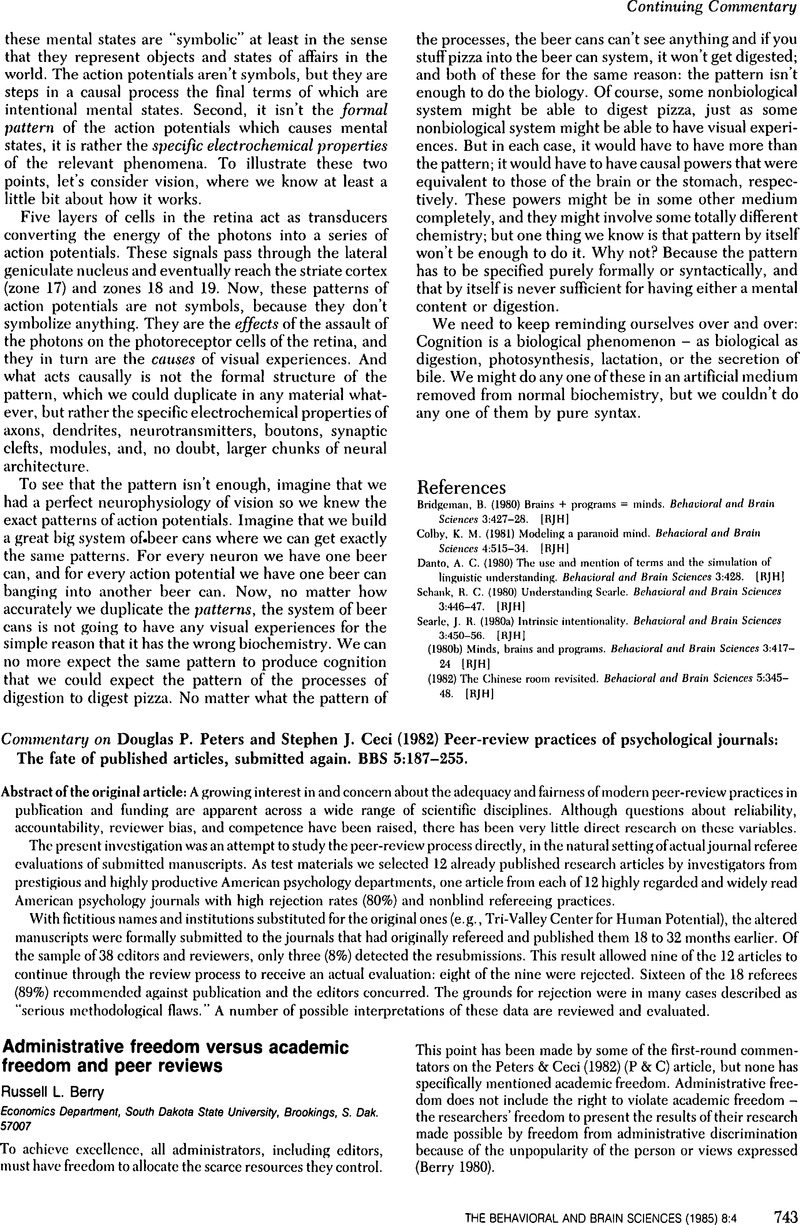Crossref Citations
This article has been cited by the following publications. This list is generated based on data provided by Crossref.
CAMPANARIO, JUAN MIGUEL
1998.
Peer Review for Journals as it Stands Today—Part 1.
Science Communication,
Vol. 19,
Issue. 3,
p.
181.
Leung, Daniel
Law, Rob
Kucukusta, Deniz
and
Guillet, Basak Denizci
2014.
How to review journal manuscripts: A lesson learnt from the world's excellent reviewers.
Tourism Management Perspectives,
Vol. 10,
Issue. ,
p.
46.



